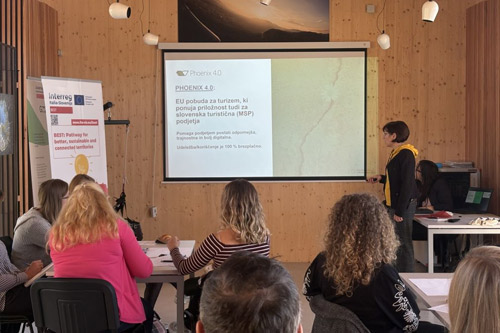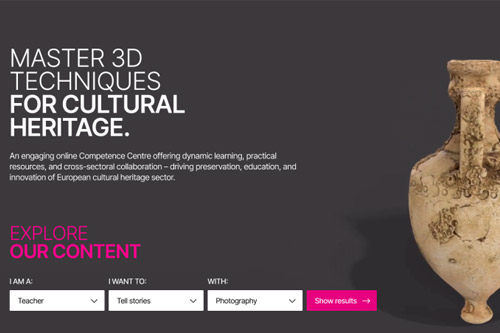
PHOENIX 4.0, the European initiative dedicated to transforming the tourism sector through sustainability, digitalization, and resilience, has reached an exciting new milestone with the launch of its official website. The new platform offers a dynamic hub of resources, tools, and insights for tourism SMEs and industry professionals across Europe.
The website provides detailed information about the PHOENIX 4.0 project’s objectives, vision, and activities. Visitors can explore valuable resources, discover opportunities tailored for small and medium-sized tourism enterprises, and stay updated with the latest news on tourism innovation, sustainability practices, and digital transformation efforts. Designed to serve as both an informational portal and a practical support platform, the website reflects PHOENIX 4.0’s commitment to strengthening the resilience of Europe's tourism sector in a rapidly changing environment.
In addition to the website launch, PHOENIX 4.0 has also introduced the Resilience Navigator Tool, a major new resource developed under the COSME programme. This self-assessment tool, based on 22 strategic questions, is designed to help tourism SMEs evaluate their preparedness and adaptability in areas such as risk management, accessibility, digitalization, and evolving traveller expectations.
The Resilience Navigator offers personalized insights and tailored innovation strategies, enabling small businesses to future-proof their operations, optimize costs, and enhance their competitive edge. As the tourism industry faces increasing challenges—from global disruptions to shifting consumer behaviors—tools like the Resilience Navigator are essential for helping businesses not just survive, but thrive.
With these new launches, PHOENIX 4.0 continues to lead the way in building a more sustainable, innovative, and resilient tourism ecosystem in Europe. Stakeholders across the tourism value chain are invited to explore the website, make use of the Resilience Navigator Tool, and join the growing PHOENIX 4.0 community in shaping the future of European tourism.



